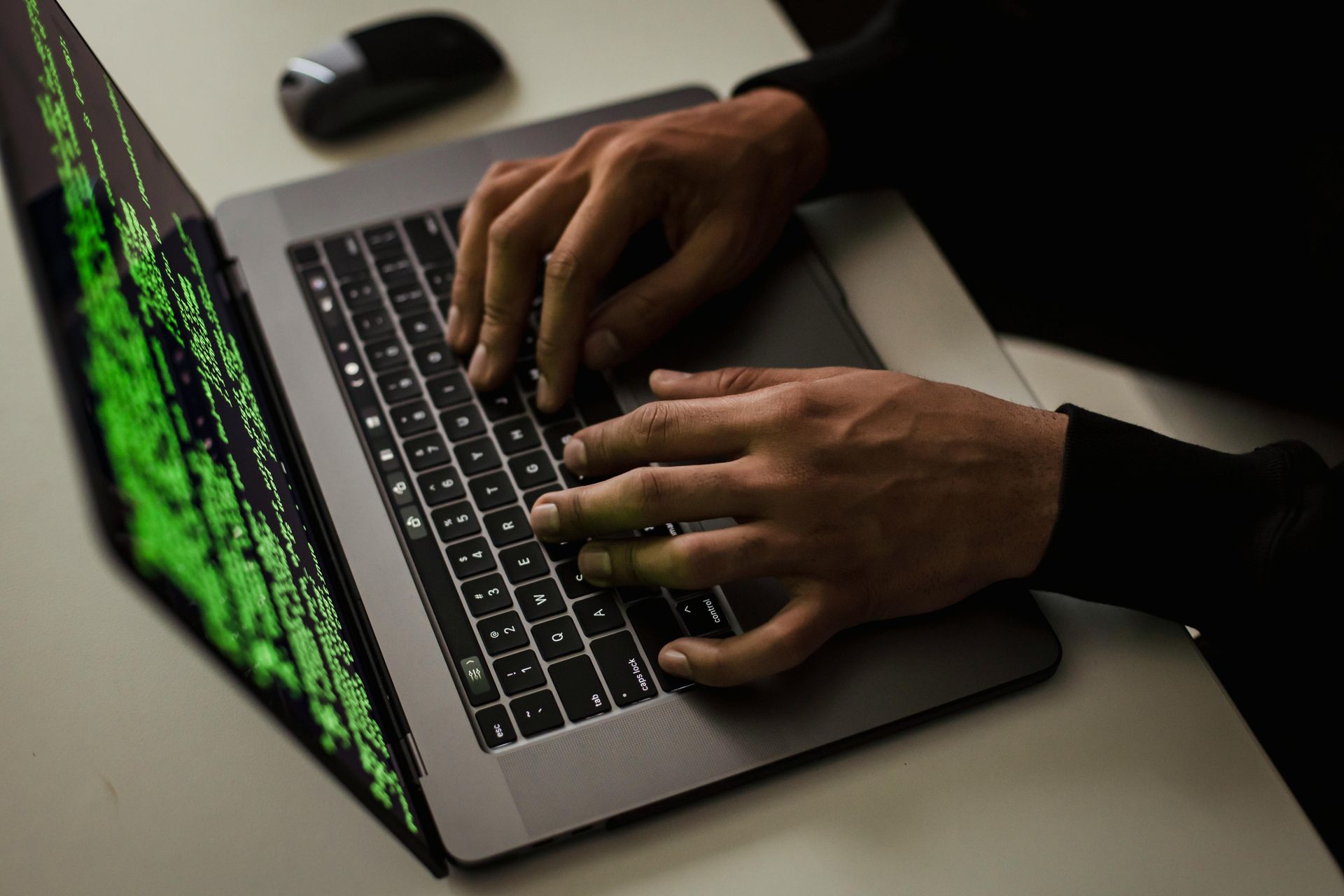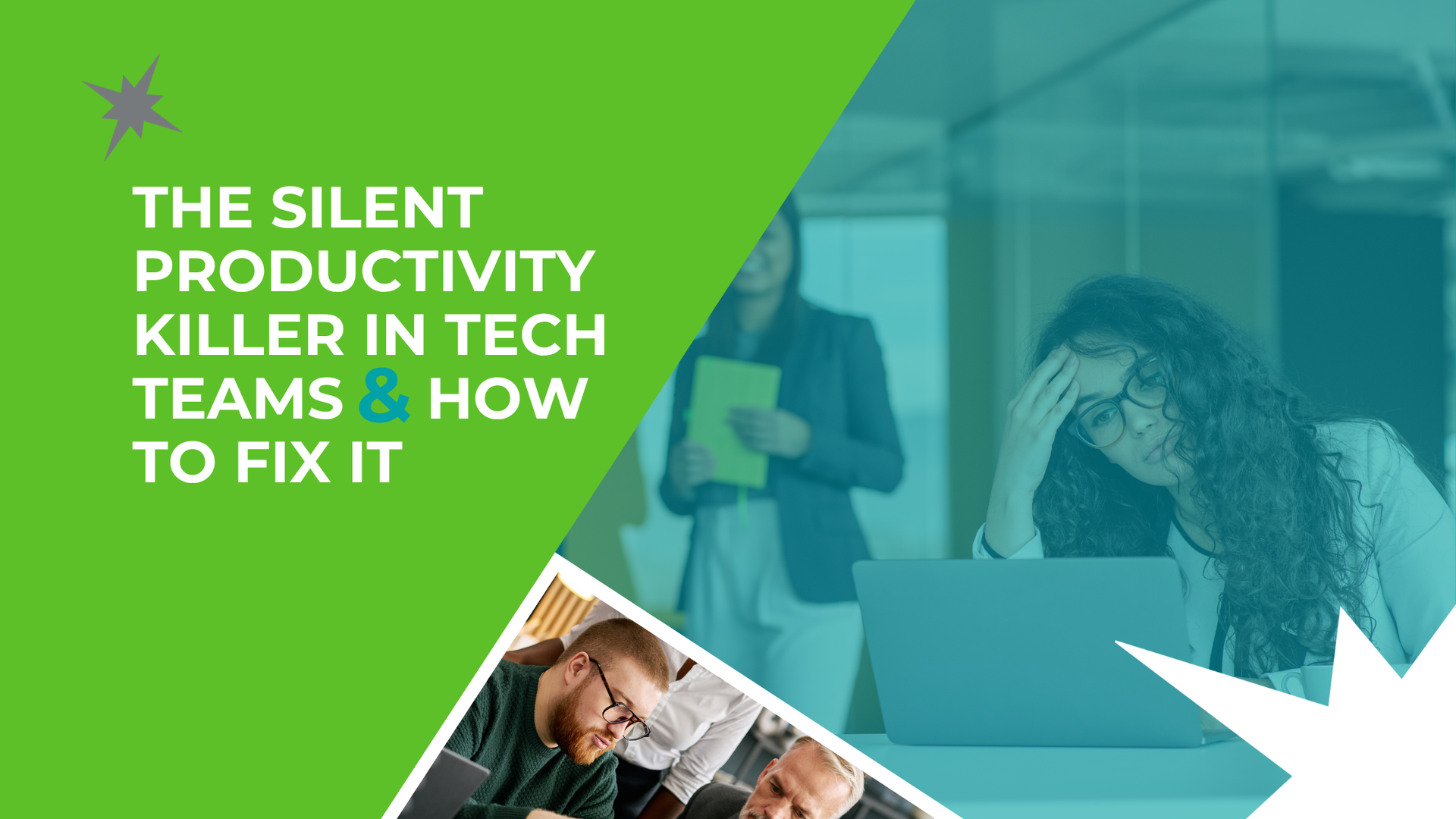News & Insights
< Back to Blogs
The Importance of Cyber Hygiene: Simple Practices That Make a Big Difference

Whether you run a small business or a large enterprise, strong cybersecurity practices are essential to protecting your organisation from potentially devastating breaches. However, you don’t always need expensive technology or an army of security experts to keep your business safe. Sometimes, good cyber hygiene - simple, everyday practices - can make all the difference in maintaining security.
Cyber hygiene refers to the basic practices that keep your digital environment secure. Think of it like washing your hands to prevent illness; small actions repeated consistently can prevent much larger problems down the road.
Let’s explore some easy, cost-effective steps that every business can take to improve their cyber hygiene.
1. Password Management: More Than Just Strong Passwords
We’ve all heard the advice to use strong passwords, but in reality, many users still rely on weak or reused passwords. In fact, a 2023 report found that 80% of data breaches involve weak or stolen passwords. So, what can you do?
- Use Password Managers: Tools like LastPass or Dashlane can help store and generate complex, unique passwords for every account. This ensures that users aren’t reusing the same credentials across platforms.
- Enable Two-Factor Authentication (2FA): Adding an extra layer of protection with 2FA can significantly reduce the risk of breaches. Even if a password is compromised, 2FA requires a second piece of information (such as a code sent to a phone) before granting access.
2. Regular Software Updates: Your First Line of Defence
Software updates are often viewed as inconvenient, but they are critical for cybersecurity. Hackers constantly look for vulnerabilities in outdated software to exploit.
- Enable Automatic Updates: Ensure that your operating systems, applications, and even browsers are set to update automatically. Most software providers regularly release patches to fix security flaws, so staying up to date is one of the easiest ways to protect your system.
- Update Third-Party Tools: Don’t forget about third-party plugins and extensions that may be integrated into your software or website. These are often overlooked but can serve as entry points for cyberattacks.
3. Employee Training: The Human Element of Cybersecurity
Your cybersecurity can only be as strong as your weakest link, and in many cases, that link is human error. Phishing scams, malicious downloads, and weak passwords can all stem from a lack of awareness.
- Conduct Regular Cybersecurity Training: Make sure all employees understand the basics of identifying phishing emails, securing their passwords, and following data protection protocols. Training sessions should be frequent, and content should be updated to reflect the latest threats.
- Simulated Phishing Attacks: Test your team with phishing simulations to see how well they identify threats. This not only raises awareness but also helps identify any weak spots in your organisation’s defences.
4. Back Up Your Data: Prepare for the Worst
Even with the best defences, no system is 100% secure. That’s why having a strong backup strategy is crucial for any business.
- Automate Your Backups: Automating regular backups ensures that critical data is stored securely and can be restored quickly in case of a ransomware attack or system failure. Ensure that backups are stored in a secure, separate location (preferably offline or in a cloud service with high-security standards).
- Test Your Backup and Recovery Plan: It’s not enough to just have a backup - make sure it works. Regularly test your recovery process to ensure your business can bounce back quickly in the event of a breach or attack.
5. Secure Wi-Fi Networks and Devices: Lock Down Access Points
In an age of remote work, securing your Wi-Fi networks and employee devices is more important than ever. Unsecured networks can easily be exploited by cybercriminals looking for an entry point.
- Use Strong Encryption: Ensure that your Wi-Fi network uses strong encryption (WPA3 is the most secure option) and that all devices connected to the network have appropriate security settings enabled.
- Encourage Secure Remote Access: For remote workers, using Virtual Private Networks (VPNs) can help secure connections to company data. VPNs encrypt internet traffic, making it much harder for hackers to intercept.
Small Steps, Big Protection
Good cyber hygiene doesn’t have to be complex or costly, but it’s vital for protecting your business in an increasingly connected world. By focusing on simple, actionable steps - such as managing passwords, updating software, training employees, backing up data, and securing networks - you can significantly reduce the risk of cyberattacks. In a landscape where digital threats are constantly evolving, good cyber hygiene can be your first and best line of defence.
At EITR, we help businesses implement practical, effective cybersecurity strategies. Get in touch with us to learn more about protecting your organisation.
Share This Article
Recent Articles

Filter By Category
Subscribe to our News & Advice












